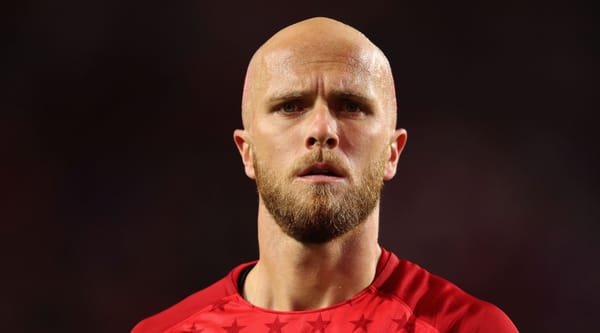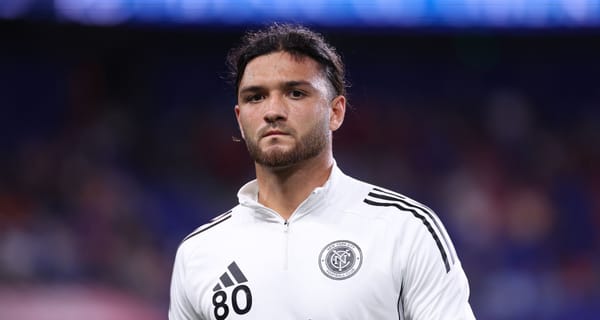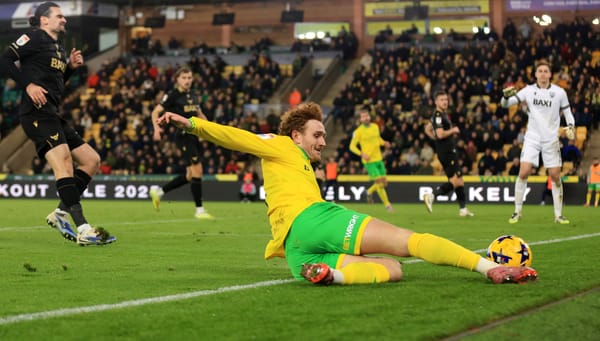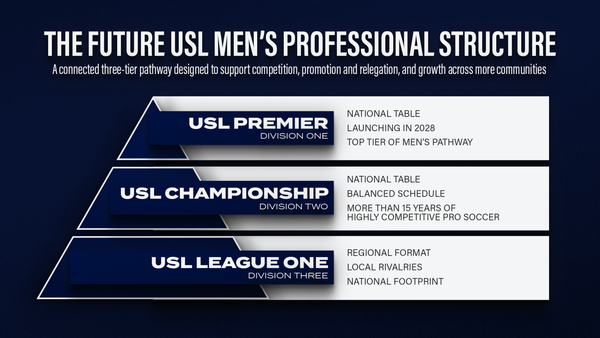Mauricio Pochettino Wants To Win The World Cup With The United States
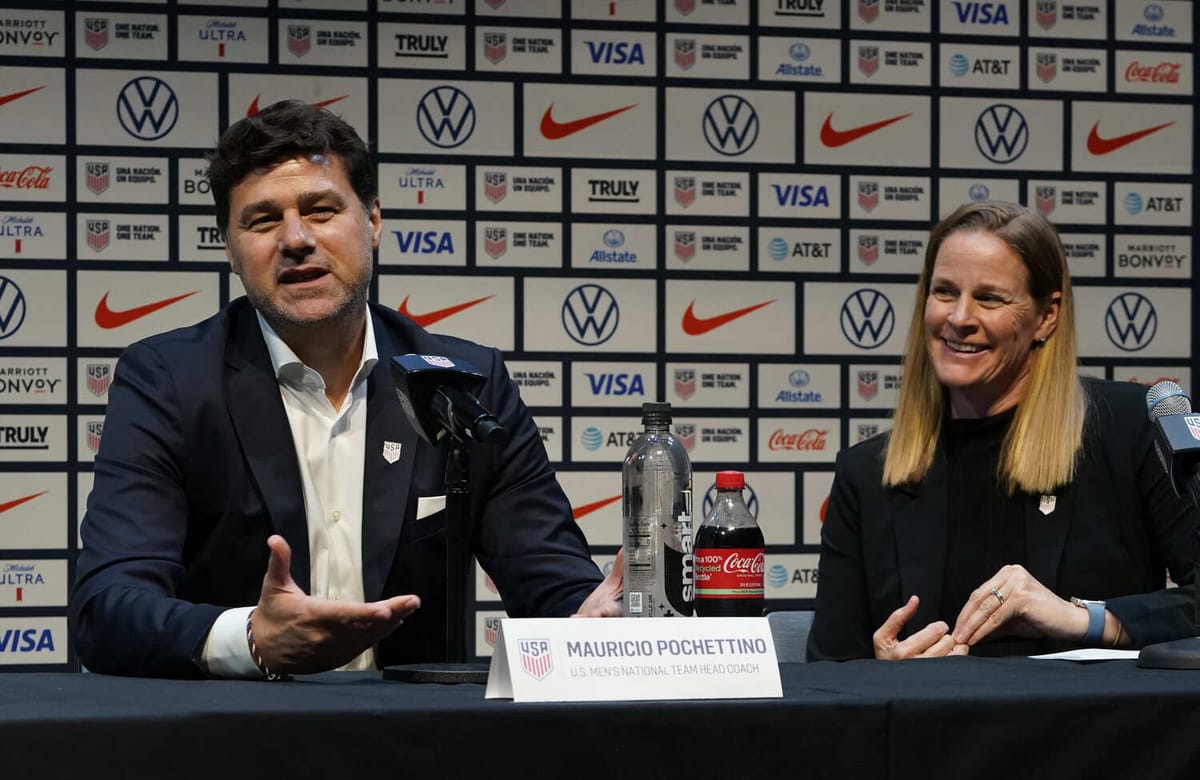
By James Nalton.
This didn’t feel like an ordinary press conference. It was more like a celebration of Mauricio Pochettino’s appointment as the new head coach of the United States men’s team, complete with plenty of praise for the new man at the helm from those who appointed him.
There was even a ripple of applause at the end from some of the media in attendance at New York City’s Hudson Yards.
There were initial questions in English and a lengthy section in Spanish. It began with the kind of atmosphere you might see at a tournament draw or awards ceremony.
The press conference also had its own presenter — the esteemed Argentine-American commentator Andrés Cantor — who in his opening remarks described the 2026 World Cup co-hosted by the United States, Canada, and Mexico as the biggest sporting event in history.
Mauricio Pochettino’s formal introduction in NYC coming soon … #usmnt pic.twitter.com/IZh5ZG0vWo
— Steven Goff (@SoccerInsider) September 13, 2024
What we learned from the press conference were things that would have been music to the ears of USMNT fans, but also the kind of things they have themselves already been advocating for years.
It’s clear that Pochettino wants to shake up the culture around the national team but not by abandoning any existing positives within American soccer and its players.
He regularly spoke of “we” — referring to his team of staff that have been with him for much of his career, Jesús Pérez, Miguel d'Agostino and Toni Jiménez. When you hire Pochettino, you are hiring that team, one he says keeps him on his toes and offers criticism where necessary.
He did say he’s open to new staff being appointed but also suggested he already has a good support system in US Soccer, including from the coach of the United States women’s team, Emma Hayes, with whom he has worked previously at Chelsea. Pochettino said he aspires to match the success of the USWNT.
One revelation was that he would be based in the United States. It had originally been thought he would base himself in Europe and travel to the States when necessary, but this was a departure from that.
Another revelation was that he wants to win the 2026 World Cup.
"We need to believe in big things and believe that we can win not only a game but that we can win the World Cup,” Pochettino said in an answer to ESPN’s Jeff Carlisle.
“If not, the journey is difficult. We want players who arrive on day one at the training camp and think big.”
There have also been worries that Pochettino’s appointment has come too late — that there will be too little time to prepare between now and the World Cup, but Pochettino put that idea to bed.
"Everyone thinks there is no time to prepare for the World Cup, but I am the opposite,” he said, in an answer that felt pre-prepared.
“I believe there is time enough. I don't want to make an excuse or create an excuse for the players. Football is like this [snaps fingers] - touch the right button and start to perform.”
Smiles all around. Can’t blame them. #usmnt pic.twitter.com/UNXFT68qeH
— Jeff Carlisle (@JeffreyCarlisle) September 13, 2024
It feels like the goal for US Soccer is to reach the quarterfinals of the 2026 World Cup on home soil. Pochettino seems to believe aiming to win the whole thing is the best way of doing that. Or maybe he actually believes they can win the whole thing.
With the tournament expanded to 48 teams for the first time, reaching the quarterfinals might be more difficult than in previous editions as it will mean having to win two knockout matches rather than one, as was the case when the USMNT reached the quarterfinals in 2002.
That 2002 World Cup in Japan and South Korea, when the team was coached by Bruce Arena, is the only time they have reached that stage of a World Cup. There, they memorably defeated Mexico in the Last 16 and will be hoping for similar era-defining results under Pochettino.
There have been several Last 16 exits, including at the other World Cup to be played in the United States in 1994 when the USMNT were knocked out by Brazil.
That first World Cup on home soil followed on from the 1990 World Cup which saw the USA qualify for the tournament for the first time since 1950. 1990 and 1994 saw the USA get a foot in the door in terms of competing more regularly, or at least being more regularly present, at these tournaments.
If the USMNT fail with Pochettino at the helm, attention will likely turn to the system of soccer as a whole in the country rather than laying all of the blame at the door of the coach. The line of thinking will likely be — if a coach of Pochettino's caliber and stature can’t get something from these American players, then there must be a deeper issue.
But the hope is that he will be able to get something from them. There is another line of thinking that if the talent, or at least potential talent, in the current player pool, can match the grit and determination of previous incarnations of the USMNT, then progress to the quarterfinal is possible.
The matches between now and then, including the upcoming Nations League quarterfinals and (the USMNT hopes) finals, and the 2025 Gold Cup, are all preparation for that all-important group stage that will set the tone for Pochettino’s tenure, determine what awaits in the knockout rounds, and draw a line between success and failure.
